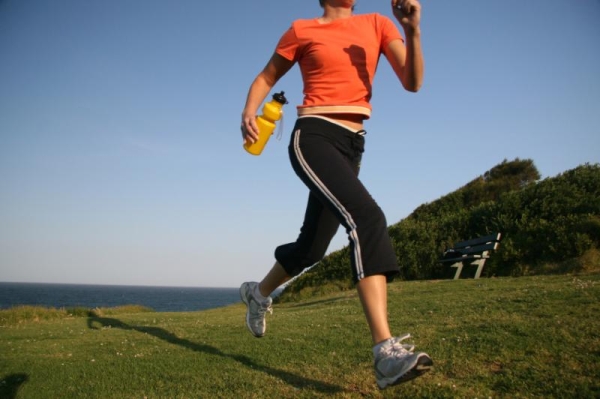
We all know that exercises are very beneficial for our body and health. The reason is that an active life style leads to a good health. But if you have allergies and asthma then going outdoors for exercises will need some caution and preparation so that you can avoid triggering allergy. For example, Lisa Hall who is a distance runner has asthma and allergies. She takes precautions and does preparation before going out for running. Before going out, she always uses her inhaler. This inhaler assists in prevention of asthma symptoms. Even shorter duration exercises done outdoors are challenging for people who have allergies. Experts strike on most usual exercise mistakes related to allergies and offer tips or recommendations you should keep in mind.
1. Know your pollens
The most important thing to know in order to prevent triggering allergy’s symptoms is to know what exactly triggers your allergies. This is important because until you know the cause, how will you avoid it. One of the reasons for your allergies can be pollen. There are different types of pollens and the reading for their level is different. Level of tree pollen which is above 50 is considered to be high and the level from 1-10 is considered to be low. The exact information of tree, mold and weeds wise level of pollen across US can be known from web site of the American Academy of Allergy Asthma and Immunology.
2. Avoid going outdoors at an incorrect time of day
If you are allergic to pollen (most asthma people are), plan the schedule of you outdoor exercise during the day when the pollen level is low. Avoid the time period from 6 am to 9 am and also at dusk. As during this time the pollen level is the highest. If this is not possible and you have to go during the high level period, you should always wear a face mask which should be designed for filtering out pollens. After returning home, you should always use saline to wash your nose and get rid of pollen which might still be in your nose. You can also ask your doctor to suggest anti-allergy nasal sprays that will allow you to exercise outdoors even when the pollen level is high.
3. Keep the weather in to consideration
You should avoid outdoor exercise when the weather is warm, dry, humid or windy. This is because in this weather, the pollen levels are the highest. When there is wind, it carries pollen to several miles. These pollens can cause eye problems like conjunctivitis, which is contagious, and even ‘pink eye’ problem which is noncontiguous. Though humidity is not bad for asthma people but when it is humid, air becomes heavy and makes breathing difficult. People with mild allergies should also avoid humidity.
4. Don’t choose the wrong activity
Exercises which require start and stop activities such as tennis are more prone to cause asthma than constant activity exercise like running.
Exercises like swimming, biking and cycling are generally excellent for people with asthma allergies. But they need to be cautious about the chlorine of the indoor pools as the chlorine can cause irritation. If you run in cold weather, you might trigger your allergy symptoms.
5. Do not stay outside for too long
It might happen that even after taking adequate precautions, you might feel exhausted and tired after your exercises. This can be caused due to exposure to pollen. If this is the case then it is advised that you stay indoors.
6. Do not wait too long to take medications
Prevention is better than cure, so it is advised that prior to the allergy season, you start taking allergy medications. For example, if you are aware that you have spring allergies start taking medication weeks prior to the season.
People with asthma allergy should not be disheartened that they cannot do exercises. If proper preparation and precautions are taken, you can also indulge in sports or activities. Just take into consideration the above tips and do preparations before the exercise.




